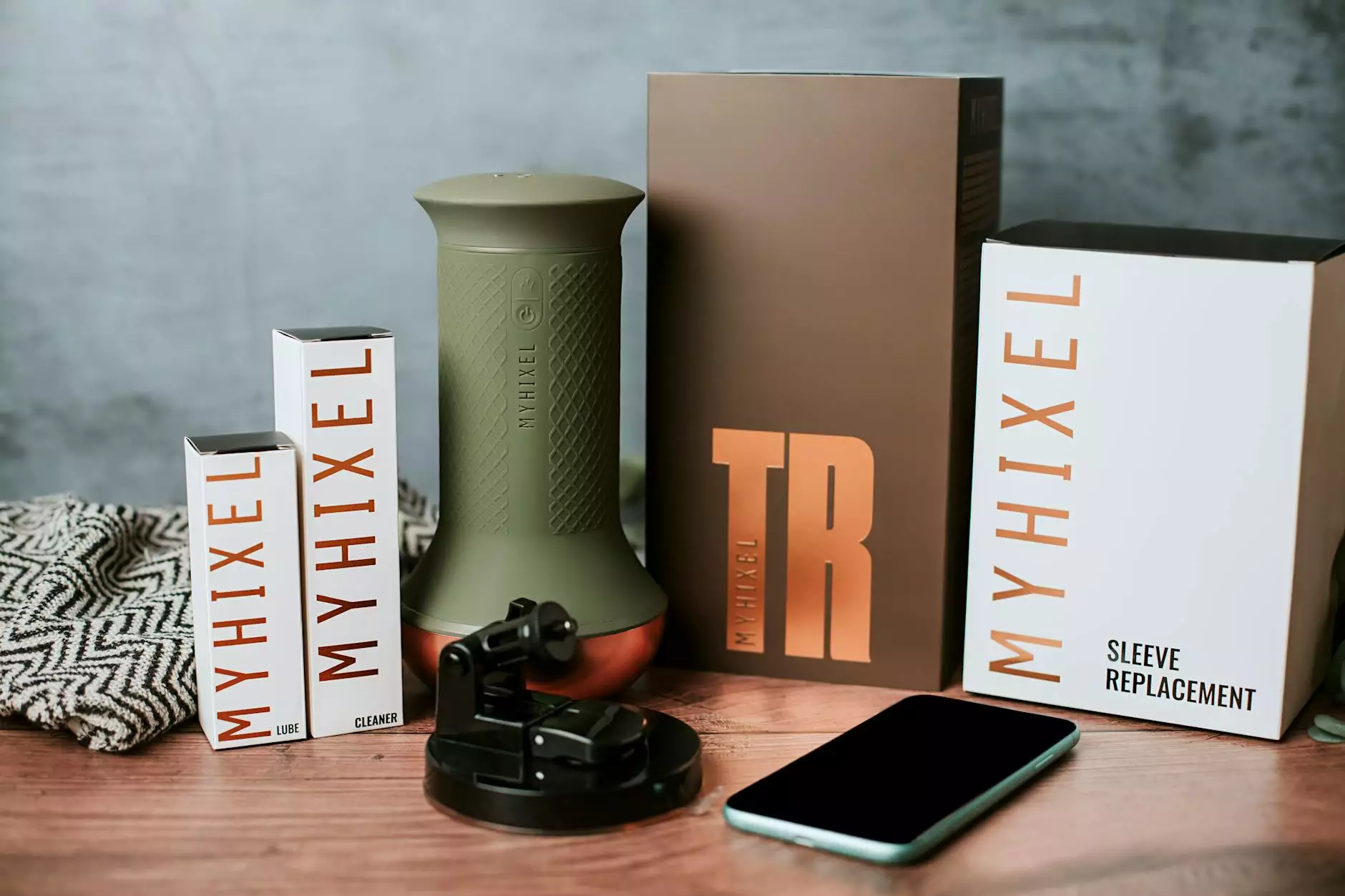Exploring Drugs to Stop Anxiety: Your Ultimate Guide

Anxiety has become an increasingly common issue in our fast-paced world, impacting millions of individuals daily. Whether triggered by stress, genetics, or environmental factors, the quest for effective drugs to stop anxiety is a primary concern for those seeking relief. In this comprehensive guide, we will explore various medications, their mechanisms, and alternative options available to manage anxiety effectively.
The Nature of Anxiety
Understanding anxiety is essential in addressing it effectively. Anxiety disorders can manifest in several ways, including:
- Generalized Anxiety Disorder (GAD)
- Panic Disorder
- Social Anxiety Disorder
- Specific Phobias
- Obsessive-Compulsive Disorder (OCD)
Each of these conditions can lead to overwhelming feelings of worry, fear, and apprehension, affecting daily life. Nonetheless, numerous treatments are available, ranging from medications to therapies.
Common Medications for Anxiety Management
When it comes to finding drugs to stop anxiety, there are several categories of medications to consider:
1. Selective Serotonin Reuptake Inhibitors (SSRIs)
SSRIs are often the first line of treatment for anxiety disorders. These medications work by increasing serotonin levels in the brain, which can help improve mood and reduce anxiety.
Common SSRIs include:- Fluoxetine (Prozac)
- Sertraline (Zoloft)
- Escitalopram (Lexapro)
- Paroxetine (Paxil)
While SSRIs are generally well-tolerated, they can have side effects, including nausea, insomnia, and sexual dysfunction. It may take several weeks for the full benefits to manifest.
2. Serotonin-Norepinephrine Reuptake Inhibitors (SNRIs)
SNRIs function similarly to SSRIs, but they also increase norepinephrine levels, providing an additional benefit for anxiety relief.
Popular SNRIs include:- Venlafaxine (Effexor)
- Duloxetine (Cymbalta)
These medications can be particularly effective for individuals with both anxiety and chronic pain, though they may also lead to withdrawal symptoms if stopped abruptly.
3. Benzodiazepines
Benzodiazepines can provide rapid relief from anxiety symptoms. They work by enhancing the effects of a neurotransmitter called gamma-aminobutyric acid (GABA), which induces a calming effect on the brain.
Common benzodiazepines include:- Alprazolam (Xanax)
- Diazepam (Valium)
- Lorazepam (Ativan)
Although benzodiazepines can be highly effective for short-term anxiety management, they carry a risk of dependence and should be used with caution and under professional guidance.
4. Buspirone
Buspirone is an anxiolytic medication that can help manage chronic anxiety without the sedative effects of benzodiazepines. It's often prescribed for generalized anxiety disorder and may be an excellent choice for those seeking a non-addictive alternative.
It works differently than SSRIs and benzodiazepines by acting on serotonin and dopamine receptors. While it may take several weeks to observe effects, buspirone is generally well-tolerated.
5. Beta-Blockers
Though primarily used to treat heart conditions, beta-blockers can also be effective for performance anxiety. They work by blocking the effects of adrenaline, thus reducing physical symptoms of anxiety, such as rapid heartbeat and tremors. Commonly used beta-blockers include:
- Propranolol
- Metoprolol
Natural and Alternative Treatments for Anxiety
In addition to pharmaceuticals, a variety of natural remedies can help manage anxiety symptoms:
1. Herbal Supplements
Several natural supplements have shown promise in reducing anxiety:
- Chamomile: Often consumed as tea, chamomile has calming properties that may help soothe anxiety.
- Kava: Kava root, known for its relaxing effects, has been used traditionally to reduce anxiety.
- Lavender: Aromatherapy with lavender essential oil has been found effective in lowering anxiety levels.
2. Mindfulness and Meditation
Meditation practices, such as mindfulness, can significantly reduce anxiety by helping individuals manage their thoughts and emotions. Regular meditation can help cultivate a sense of calm and control, allowing for better emotional regulation.
3. Cognitive Behavioral Therapy (CBT)
CBT is a therapeutic approach that focuses on identifying and changing negative thought patterns. This treatment has proven highly effective for many anxiety disorders and can complement pharmacological treatments.
The Importance of Seeking Professional Help
While it might be tempting to self-medicate, it’s crucial to consult with a healthcare professional to obtain a proper diagnosis and treatment plan. A mental health provider can evaluate your specific symptoms, medical history, and overall health to determine the most suitable treatment for you.
In addition to discussing medications, they can guide lifestyle changes and coping mechanisms that promote anxiety relief.
Conclusion: Finding the Right Approach
Ultimately, the journey to finding the best drugs to stop anxiety may involve a combination of medications, therapies, and lifestyle changes tailored to individual needs. It’s essential to approach this process with patience and openness, exploring various avenues to discover what works best for you.
Whether opting for prescription medications or seeking natural remedies, a supportive healthcare provider can help navigate this path to achieving a tranquil state of mind.
Visit Us at Top Chemical Shop Online
If you’re interested in exploring a range of products aimed at promoting health and wellness— including options for managing anxiety—visit Top Chemical Shop Online. We offer an extensive selection of health and medical products, drugstore essentials, and quality offerings from cannabis dispensaries for a holistic approach to well-being. Your journey to a more peaceful life begins here!
Take control of your anxiety today and explore the options available to you. Remember, you are not alone in this struggle, and help is available.









